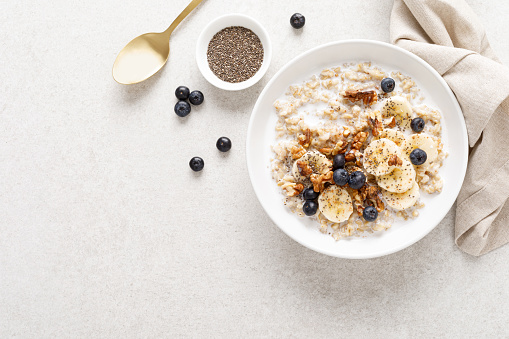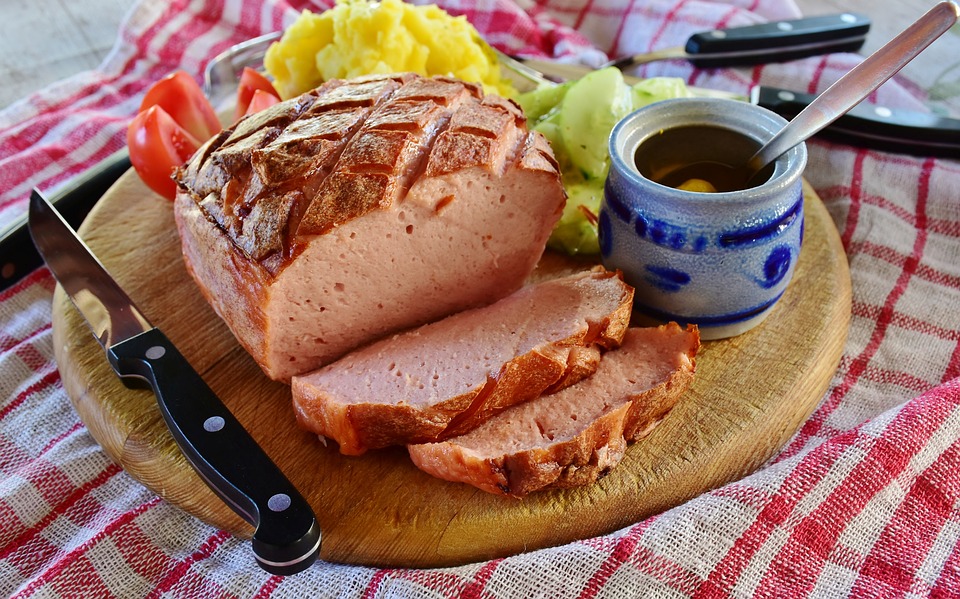Just like humans, pets can benefit from a healthy gut microbiome. Probiotics, beneficial bacteria that support gut health, are becoming increasingly popular for pets. In this blog post, we’ll take a closer look at the potential benefits of probiotics for pets’ digestive health.
The Importance of Gut Health for Pets
The gut is home to trillions of bacteria, many of which play a crucial role in digestion, immune function, and overall health. A healthy gut microbiome can help pets maintain a healthy weight, absorb nutrients, and fight off infections. However, factors like stress, poor diet, and medications can disrupt the balance of bacteria in the gut, leading to digestive issues like diarrhea and constipation.
How Probiotics Can Help Pets’ Digestive Health
Probiotics can help support pets’ digestive health in a variety of ways. Here are some of the potential benefits of probiotics for pets:
1. Improving Digestion
Probiotics can help improve digestion by breaking down food and aiding in nutrient absorption. This can help prevent digestive issues like diarrhea and constipation.
2. Boosting the Immune System
Probiotics can help boost the immune system, which can help pets fight off infections and stay healthy.
3. Reducing Inflammation
Probiotics can help reduce inflammation in the gut, which can contribute to digestive issues.
4. Supporting a Healthy Microbiome
Probiotics can help support a healthy balance of bacteria in the gut, which can help promote overall health and well-being.
Choosing the Right Probiotics for Pets
Not all probiotics are created equal when it comes to pets’ digestive health. Here are some things to look for when choosing probiotics for pets:
1. The Right Strains
Look for probiotics that contain strains that have been shown to improve pets’ digestive health, such as Lactobacillus acidophilus and Bifidobacterium bifidum.
2. High Potency
Look for probiotics that are high in potency, with at least 1 billion CFUs (colony-forming units) per serving.
3. Quality Manufacturing
Look for probiotics that are manufactured in a facility that follows good manufacturing practices (GMPs) and is certified by a third-party organization.
4. Prebiotics
Prebiotics are fibers that feed beneficial gut bacteria. Look for probiotics that contain prebiotics, as these can enhance the effectiveness of the probiotics.
Precautions and Side Effects
While probiotics are generally safe for pets, there are some potential side effects and precautions to be aware of. Here are some things to keep in mind:
1. Digestive Issues
Some pets may experience digestive issues like bloating, gas, and diarrhea when first starting probiotics. This is usually temporary and should subside within a few days.
2. Allergies
If your pet has a dairy allergy, be cautious when giving them probiotics that contain milk or other dairy products. Look for dairy-free probiotics instead.
3. Interactions with Medications
Probiotics may interact with certain medications, so be sure to talk to your veterinarian before giving your pet probiotics if they are taking any medications.
Conclusion
Probiotics offer a range of potential benefits for pets’ digestive health, including improving digestion, boosting the immune system, reducing inflammation, and supporting a healthy microbiome. When choosing probiotics for pets, look for the right strains, high potency, quality manufacturing, and prebiotics. While probiotics are generally safe, there are some potential side effects and precautions to be aware of. With the right probiotics and a healthy lifestyle, you can support your pets’ gut health and ensure they’re happy and healthy.






